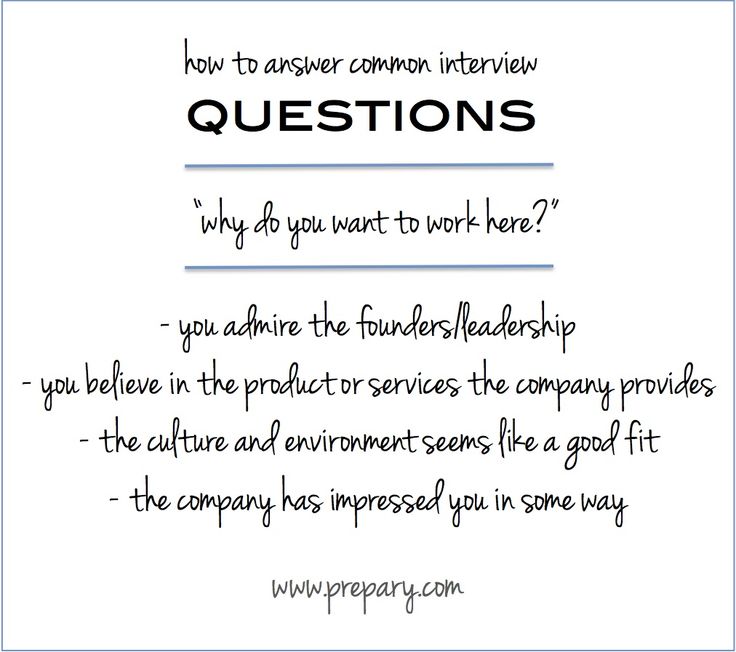
Answering the question, "Where do you see yourselves in five years?" There are several common mistakes that you should avoid. First, you need to make sure your answer is specific to the company and position that you are applying to. You shouldn't lie to a recruiter.
When answering "Where do I see myself in five years?" they make a few mistakes.
Prepare a sample response to this question before you interview. This will ensure that your answer is thoughtful and does not contain fluff. While you prepare your answer consider your career goals in relation to the position you are applying.
Make sure your answers are authentic and relate to the company’s longterm goals. Your answer should demonstrate your long-term interest in the company and your desire to grow with it. Be specific, but do not forget to include short-term goals.

If asked where you would like to be in five years, you should write down your five year plans. Write down your goals, the environment you prefer and the culture that you want to work in. Then, share your vision of the next five year with your interviewer. Although it might be hard to visualize where you will be in five years' time, you can write down your thoughts and provide a thoughtful answer.
Tailoring your answer for the company
Make sure you consider your professional and personal goals as you write your answer. Both the current company in which you work and your future plans for the next five years should be taken into consideration when answering this question. You should not answer the question with "I don’t know" or “I don’t know what I would like to do.” Instead, you should have a clear idea of where you want to be and what you hope to accomplish within the company.
While this question can be difficult, it can also be a way to highlight your ambition. It'll help you show how your ambitions align to the company's mission and values. You can, for example, talk about how you plan to lead and create innovative campaigns if you apply for a job as a Marketing Manager.
Do not lie to recruiters
For avoiding lying to a recruiter, make sure that you have enough information about the job and about the company. Do not be afraid to ask questions at the interview. While the recruiter may not have your best interests at heart, you should be prepared to answer any questions that they may pose.

While recruiters are usually honest and focused on finding a match, they can feel uncomfortable sharing the truth with candidates. To preserve the company's reputation as well as to avoid hurting candidates' feelings, they must withhold certain details. Recruiters are also afraid that candid feedback might make them look creepy, annoying, or grating. Often, they lie to protect their reputation, rather than to hurt the candidate.
Ask candidates if you can give specific examples to show if they lie. The recruiter may suspect that the candidate is lying if they are unable to provide examples. This will make the recruiter feel uncomfortable.